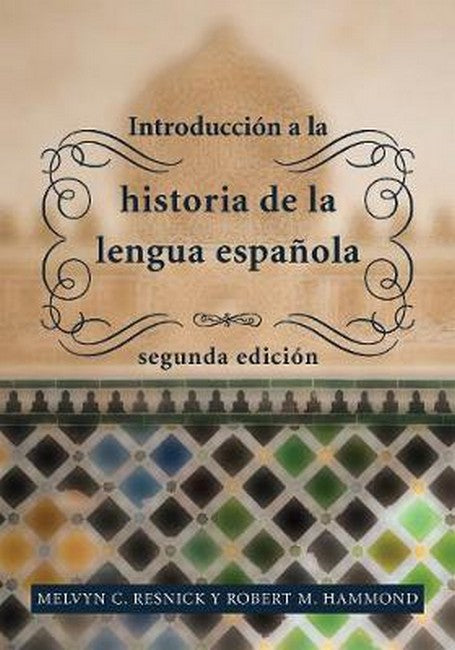"Introduccion a la historia de la lengua espanola" is a comprehensive introduction to the internal and external history of the Spanish language from its Indo-European ancestry to the present-day language of over 400 million people. The authors examine the phonological, morphological, syntactic, semantic, and lexical changes that characterize the evolution of Spanish from its Latin origins. But Spanish has not evolved in isolation in its spread across Spain and to Africa, the Americas, Asia, and islands of the Pacific Ocean. The foreign, sociological, and political influences that contribute to the uniqueness, diversity, and unity of a world language are essential aspects of the study of its history. The focus of this book is modern Spanish. The authors address such fundamental questions as: Where does Spanish come from? How did it become the language we know today? How is it related genetically and culturally to other Romance and non-Romance languages? And what are the effects of bilingualism in areas where Spanish coexists with other languages? "Introduccion a la historia de la lengua espanola" includes numerous exercises, a section of study questions at the end of each chapter, and an extensive bibliography. The second edition is updated and greatly expanded in scope and depth, yet it carefully maintains the structure and pedagogical approach of the first edition for use with students who have no prior background in linguistics. In advanced and graduate-level courses, the syllabus can incorporate additional assignments and sections, including the optional "Temas y datos adicionales" that accompany each chapter.

